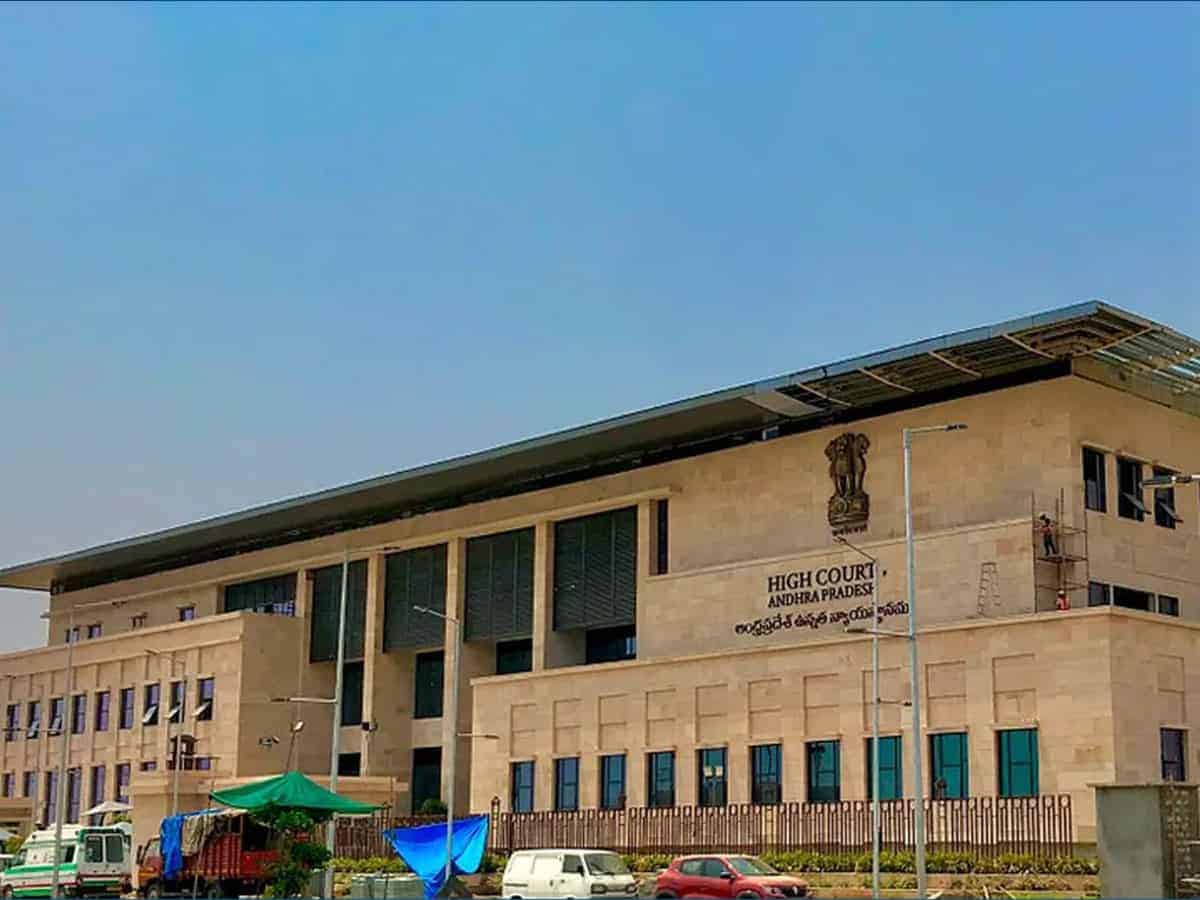Gali Nagaraja
Amaravati: The landmark judgement of Andhra Pradesh High Court seemingly does not bring the showdown between the Government of Andhra Pradesh and the aggrieved State Election Commissioner N. Ramesh Kumar to a halt. Instead, certain unsavoury developments taking place after the judgement suggest that the battle is likely to take an ugly turn.
A division bench of the high court comprising Justice J. Maheswari and Justice M. Satyanarayana Murthy on May 29 set aside an ordinance promulgated by the Andhra Pradesh Governor Biswabhusan Harichandan on April 10 and the consequential rules such as the Andhra Pradesh Panchayat Raj (Salaries and Allowances Conditions of Services, tenure of SEC) Rules, 2020 and the notification to cease to hold the office of SEC by Ramesh Kumar as well as notification of the appointment of Justice V. Kanakaraj as new State Election Commissioner.
The court in its judgement (para 318) held directing “the respondent State to restore the position of N. Ramesh Kumar as State Election Commissioner to allow him to continue in the office until completion of his tenure as notified under GO No. 11 Dated 31-01-2016.”
In the meantime, Ramesh Kumar triggered a fresh bout of legal controversy by claiming to have assumed charge suo motu on the day of the judgement without allowing the government (respondent State) to make way for the process of his restoration as directed the by the high court. He subsequently issued a circular to all the government departments on his holding the office and asked the Standing Counsel Prabhakar, appointed by the state government after his exit to resign immediately.
The experts opined that Ramesh Kumar, by assuming charge on his own without allowing the due course to take place, has denied the state government an opportunity to file for a review petition in the Supreme Court on the high court orders.
Andhra Pradesh Advocate General Sriram Subramanyam appeared before the media on behalf of the government, saying Ramesh Kumar’s assuming charge will not stand legal scrutiny since his action was out of sync with the high court judgement. However, Ramesh contended that any attempt by the government to prevent him from holding the office will amount to contempt of court. K. Nageswar, an analyst, said Ramesh Kumar should have given an opportunity to the government to execute the high court judgement before coming to a conclusion that the latter is committing contempt of court.
Ramesh Kumar, who was appointed during the previous TDP’s rule, was labelled as a “covert” of former Chief Minister N. Chandrababu Naidu by the ruling YSR Congress for his decision to put on hold the process of elections for the urban and local bodies scheduled on March 25, citing the COVID-19 Pandemic. He also took serious view of the election offences allegedly committed by the ruling party and transferred the collectors of Guntur and Chittoor districts and a circle inspector on charges of dereliction of duties. The SEC further instructed all the district collectors to put on hold the process of land allotment to the poor for housing, citing the Model of Code of Conduct in force. Chief Minister Y.S. Jaganmohan Reddy said the Ramesh Kumar’s decision of postponement of the election was arbitrary and aiming at undermining the authority of the elected government. Later, the Jagan Reddy government sought to show Ramesh Kumar the door by reducing the tenure of the SEC from six years to three years with the help of an ordinance which was struck down by the high court. With the TDP backing Ramesh Kumar, the SEC got embroiled in a worst-ever political controversy.

